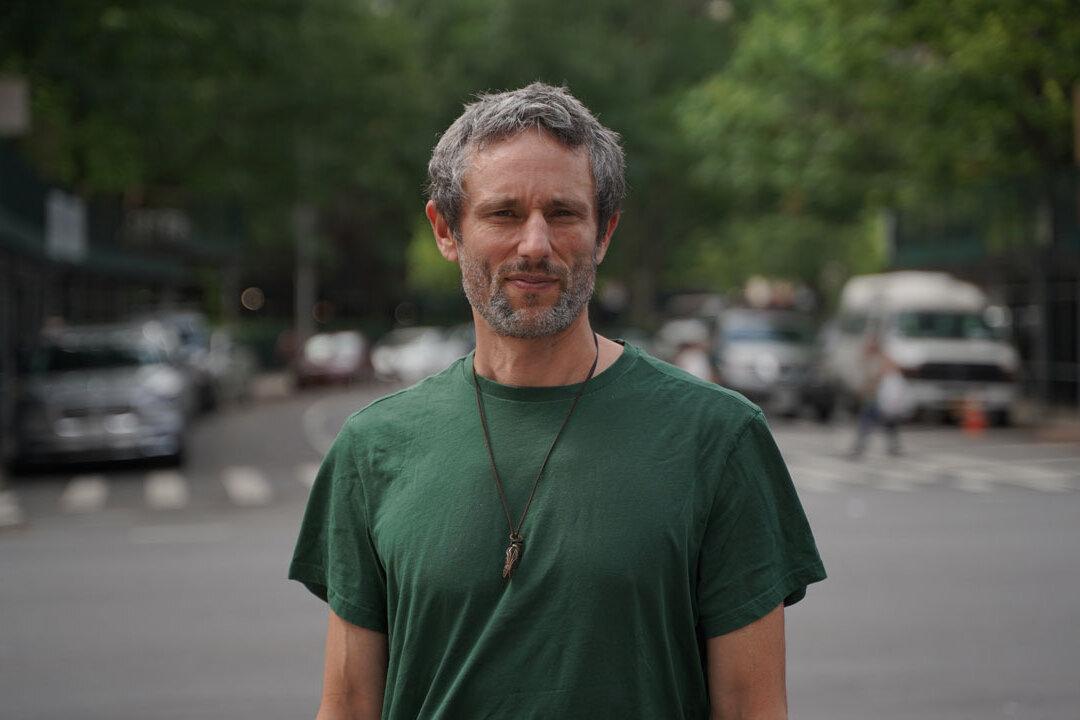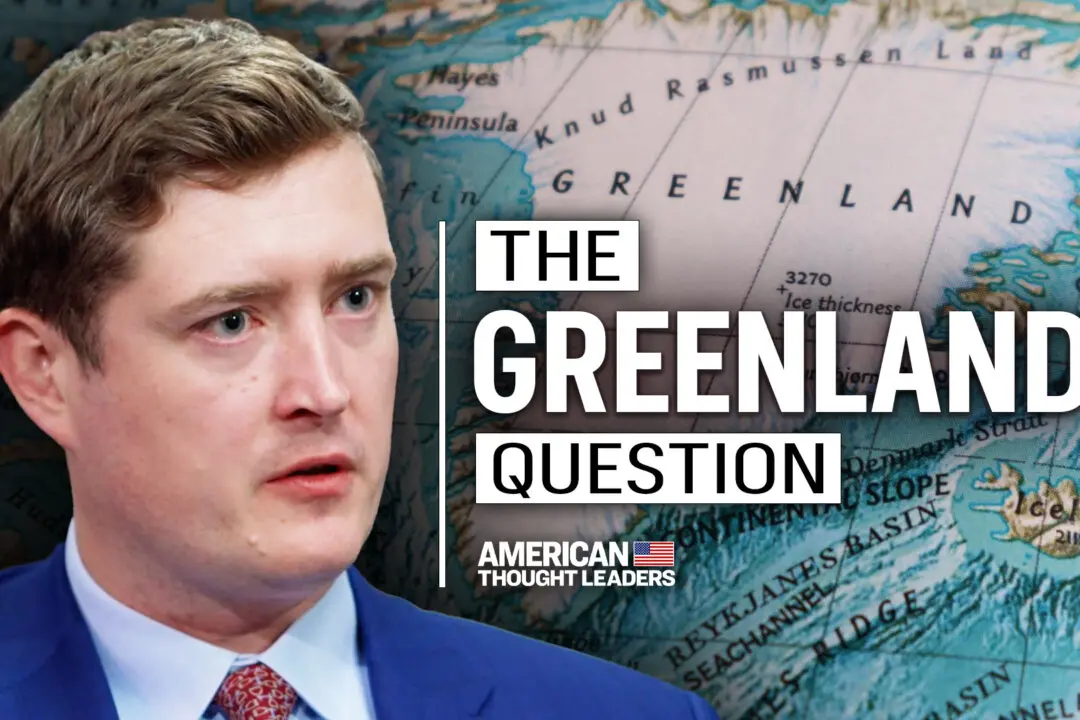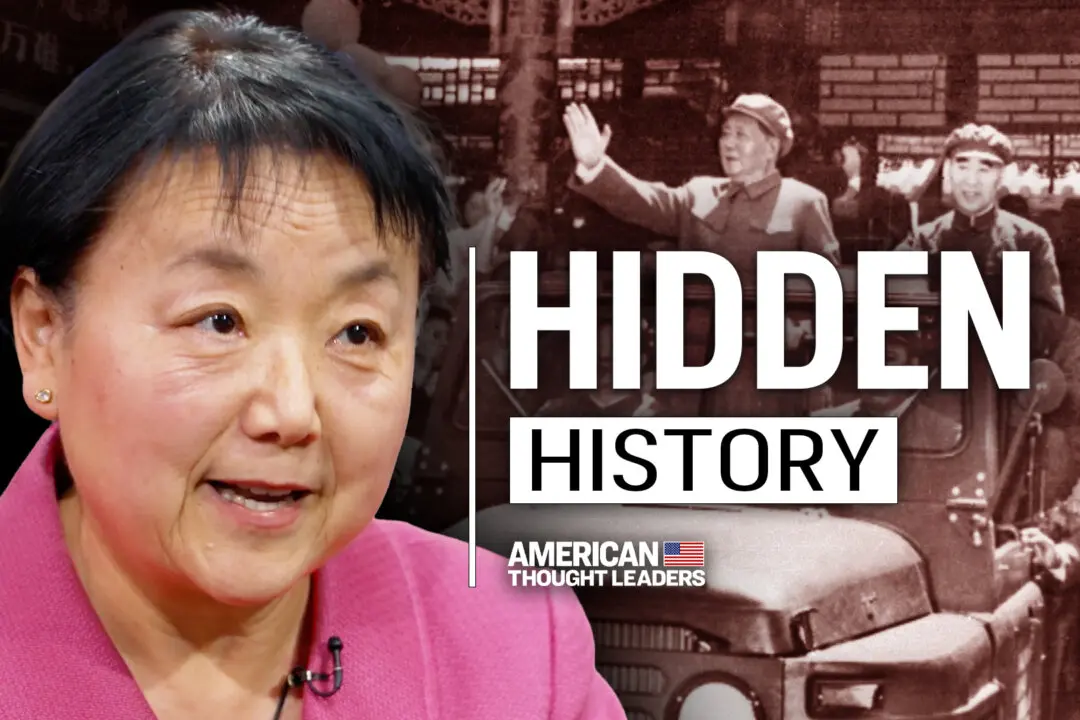“If you don’t conform to the irrationality, to the hysteria,” says writer Charles Eisenstein, “then you become the enemy, the traitors, the nonconformists, and the taboo-breakers.”
In a recent episode of “American Thought Leaders,” host Jan Jekielek and Charles Eisenstein discuss ideas from “The Coronation,” his new collection of essays exploring the ideologies and dynamics of safety and social control, especially in the age of COVID.






